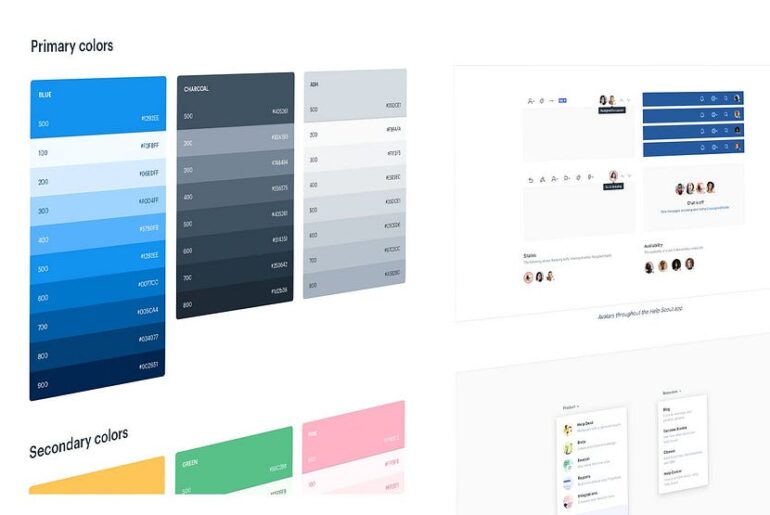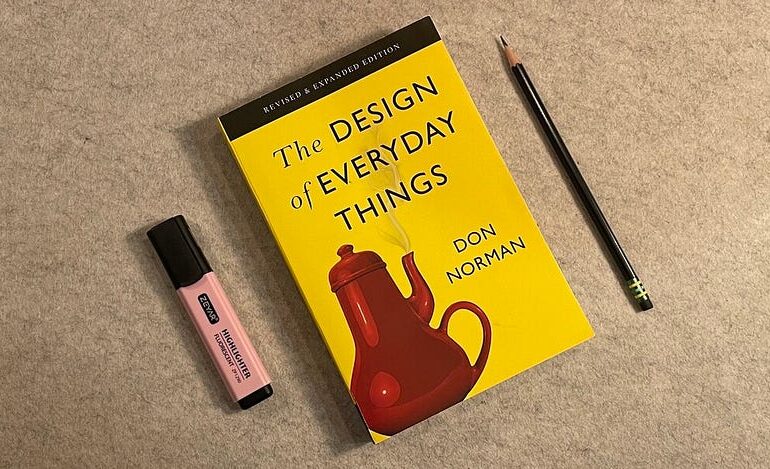Freelancers have this weird delusion: we think we’re invincible.
The Freelancer’s Ego Meets Reality
Freelancers have this weird delusion: we think we’re invincible. After all, we’re a one-person show, juggling clients, creating invoices, designing masterpieces, and sometimes even fixing the coffee machine (a.k.a. our sanity). For eight years, I lived this life, confident that I’d mastered every professional skill known to humankind.
Then, in 2021, I joined a digital agency, stepping into a world where collaboration wasn’t optional.
Spoiler alert: I got my ass handed to me.
But in the best way possible. This article is for anyone who’s considered leaving the freelance grind to join a team. Here’s what I learned, what I struggled with, and why teamwork turned out to be my biggest career hack yet.

Freelancing Taught Me Hustle, But Teams Taught Me Focus
As a freelancer, you’re everyone: the designer, the client whisperer, the accountant, and sometimes your own IT support. While this 360-degree hustle teaches you versatility, it also spreads you thin. Joining a team felt like putting down a dozen spinning plates and focusing on just one.
In a team, I had dedicated responsibilities. My job was research and design-and only research and design. The developers handled development, the account managers dealt with client escalations, and HR didn’t care if I wore matching socks. It was liberating and weirdly disorienting. I didn’t have to think about backend code or late-night invoicing. For once, I could just design. And man, was that refreshing.
The Feedback Loops Will Test Your Ego… and That’s Good
Here’s the thing: when you’re a freelancer, clients don’t often challenge you. Sure, they might throw in some vague feedback like, “Make it pop more,” but you’re still the captain of your creative ship. In a team, it’s different. Feedback is relentless and public. And at first, it felt… personal.
I remember one particular meeting where my mockup was dissected in front of the entire team. Every little detail was critiqued, not maliciously, but constructively. My initial reaction? Who the hell are these people to criticize my design?
But then I realized something: feedback isn’t criticism. It’s collaboration. It’s how teams make ideas better. Once I embraced that mindset, I started craving feedback. Turns out, other people’s perspectives can elevate your work to heights you never imagined.
Communication Is a Skill, Not an Afterthought
Freelancers are used to one-on-one client calls and straightforward email chains. In a team, communication is more complex. You’re coordinating with developers, project managers, and sometimes even Janet from HR (Janet’s great, by the way).
Initially, I struggled. I’d misinterpret feedback from developers or send Slack messages that sounded curt because I forgot emojis existed. But over time, I learned to bridge gaps. Here’s what worked for me:
- Ask clarifying questions: Never assume you understand someone’s feedback. “Can you elaborate?” became my favorite phrase.
- Overcommunicate deliverables: Spell out what’s included and what’s not to avoid “scope creep.”
- Be friendly, but clear: Add a 😄 emoji if you’re worried your tone sounds harsh.

Collaboration Takes Longer — But It’s Worth It
As a freelancer, I could whip up a design in record time, email it to the client, and call it a day. In a team, every project goes through multiple feedback rounds, stakeholder reviews, and quality checks. At first, this felt like a frustrating slowdown.
But here’s the kicker: the end result was always better. The extra eyes caught things I missed. Developers would point out potential usability issues. Account managers would flag client preferences I hadn’t considered. The final product wasn’t just good — it was polished, cohesive, and airtight.
Your Freelance Skills Are Still Valuable (Just Don’t Overstep)
One surprising advantage I had was my ability to handle clients. Because I’d spent years running kickoff meetings and deciphering client jargon, my team often invited me to early-stage client interviews. This was a win — but also a potential landmine.
Some account managers felt I was encroaching on their turf. I get it; no one likes feeling their role is being “taken over.” So, I learned to navigate this delicately:
- Always defer to the lead on client relationships.
- Frame my questions as complementary, not competing.
- Communicate my intent: “I’m just here to gather insights to improve the design.”
The Value of Listening More and Speaking Less
As a freelancer, I was used to leading conversations and offering solutions right away. In a team, I learned the power of listening. Not every meeting needed my opinion. Not every problem required my immediate fix.
By listening more, I:
- Gained deeper insights into how the team worked.
- Earned the trust of my coworkers.
- Avoided stepping on toes (which was an earlier mistake).
A Moment of Realization: The Power of Teamwork
The biggest “aha” moment came when we launched our first project together. Reviewing the final product, I thought, This would’ve taken me six months to do solo. We did it in two.
That’s the magic of teams: they amplify your efforts. Where freelancing relies on your individual brilliance, teams thrive on shared expertise. It’s not about being the best — it’s about combining strengths.
Advice for Freelancers Considering Team Life
If you’re a freelancer thinking about joining a team, here’s my no-BS advice:
- Check your ego at the door: You might be good, but the team will make you better.
- Ask questions, but don’t dominate conversations: Curiosity is great; steamrolling is not.
- Embrace feedback: It’s not about you; it’s about the work.
- Learn to hand off deliverables properly: It’s a skill, and developers will love you for it.

Conclusion: Why Team Life Is Worth It
Freelancing gave me freedom, but teamwork gave me growth. It pushed me out of my comfort zone, made me a better communicator, and showed me the value of collaboration.
If you’re on the fence about leaving your freelance life, know this: it’s not a step backward. It’s a step toward something bigger, messier, and infinitely more rewarding.
Thank you for reading!
I’m Leo, a product manager with a passion for storytelling. Through these articles, I’m journaling my career journey — the past, present, and future — while sharing insights and lessons to help others navigate their own paths.
I’m journaling my career path for my own kicks. If it happens to help you out along the way — well, that’s just a bonus, isn’t it? ✌️





